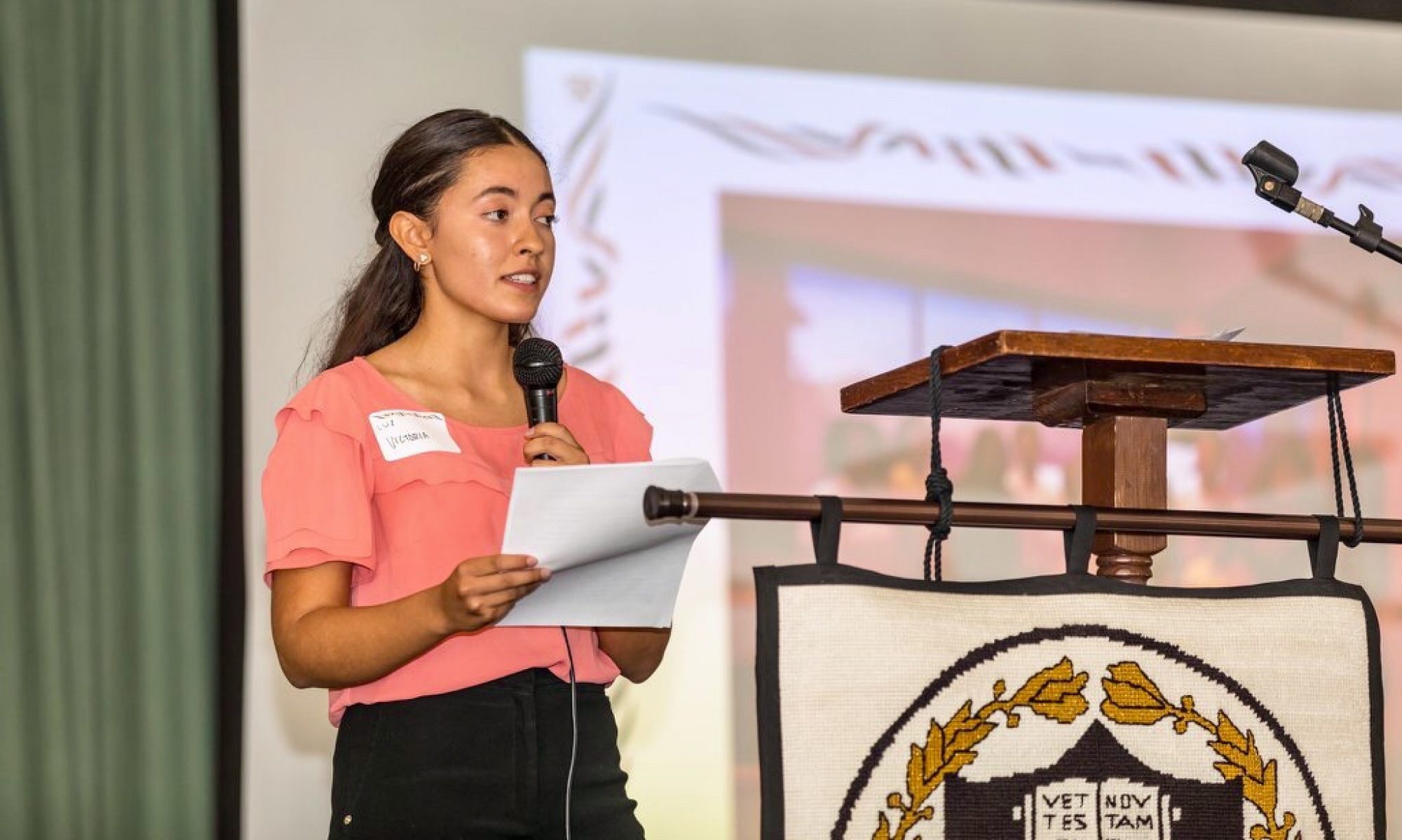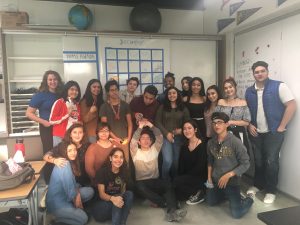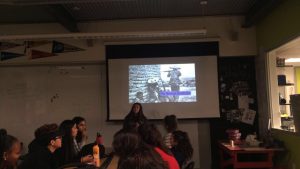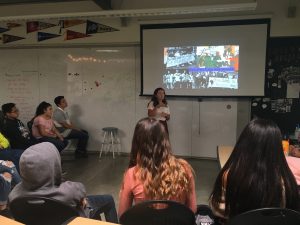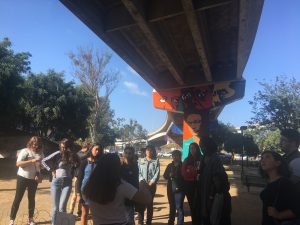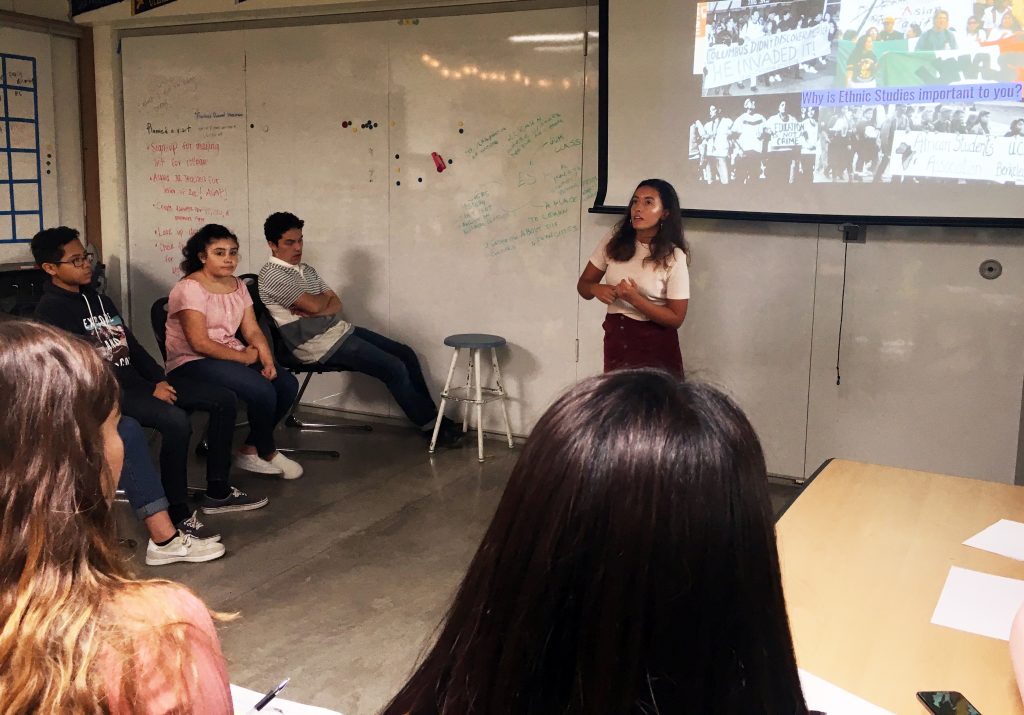
When I began high school I expected there to be some type of cultural club available to students as an elective or after school activity. Whether it was a MEChA, a student alliance, or the African American club, I was excited to meet the students on campus that shared my interest in cultural diversity. I was also looking for the chance to participate in a group where I could interact with students from other cultures. I didn’t think this was too much to ask for, considering that my school is already pretty diverse.
As freshman year came along and I was able to sign up for electives, I found out that there were no cultural groups of any kind. The school year went on, and I also noticed that there were no plans to offer any type of multicultural education in history or literature. By the end of my freshman year I realized that if I waited for any part of my history to be reflected in the official curriculum, I would simply not receive the education that I wanted. This situation concerned me, and I started to ask for guidance about what I could do to help remedy this problem. With that, the efforts to start the first Ethnic Studies class at HTHCV began.
I shared the idea of starting an Ethnic Studies elective class with my freshman teachers and small group of close friends, and they all enthusiastically supported the concept right away. After several months of writing proposals, drafting descriptions and a preliminary syllabus for the class, and arranging multiple meetings with school administrators, faculty, and fellow students, the elective Ethnic Studies class was scheduled to begin the following Fall Semester of 2016. The class was designed to reflect the diverse histories of the students on campus. It would prioritize sharing information about social movements, student empowerment, diverse identities, and developing a sense of solidarity among all students at HTHCV. We were all very excited when the first announcement of the course was made publicly, and every student on campus would be able to sign up for it.
In addition to our team of organizers, 16 students signed up for Ethnic Studies that Fall Semester. The following Spring Semester 25 students signed up. For Fall Semester and Spring of 2017-18 we had 20 students enrolled. This Fall we have 21 students currently enrolled.
Ethnic Studies at HTHCV is student led – each of our four 1-hour meetings per week is presided over by the coordinating team composed of myself and two other co-founders of the class. Under the guidance of our faculty advisor, we decide what subjects we will cover in the classroom over the course of the semester. The class is organized like a traditional course. Before every semester the coordinating team develops a syllabus for the rest of the semester, and we list the norms and expectations of the class.
Up to now the class has maintained an average of 20 students per semester, who voluntarily attend the class four days out of the five day week. We all have come to recognize the importance of the class as a shared space, where together we can learn about and appreciate one another’s histories. The lessons I usually lead involve Chican@ history, the Mexican Revolution, the history of the Black Panther Party, and our special lessons on the meaning behind “By Any Means Necessary: a history of Malcolm X and the civil rights movement.”
